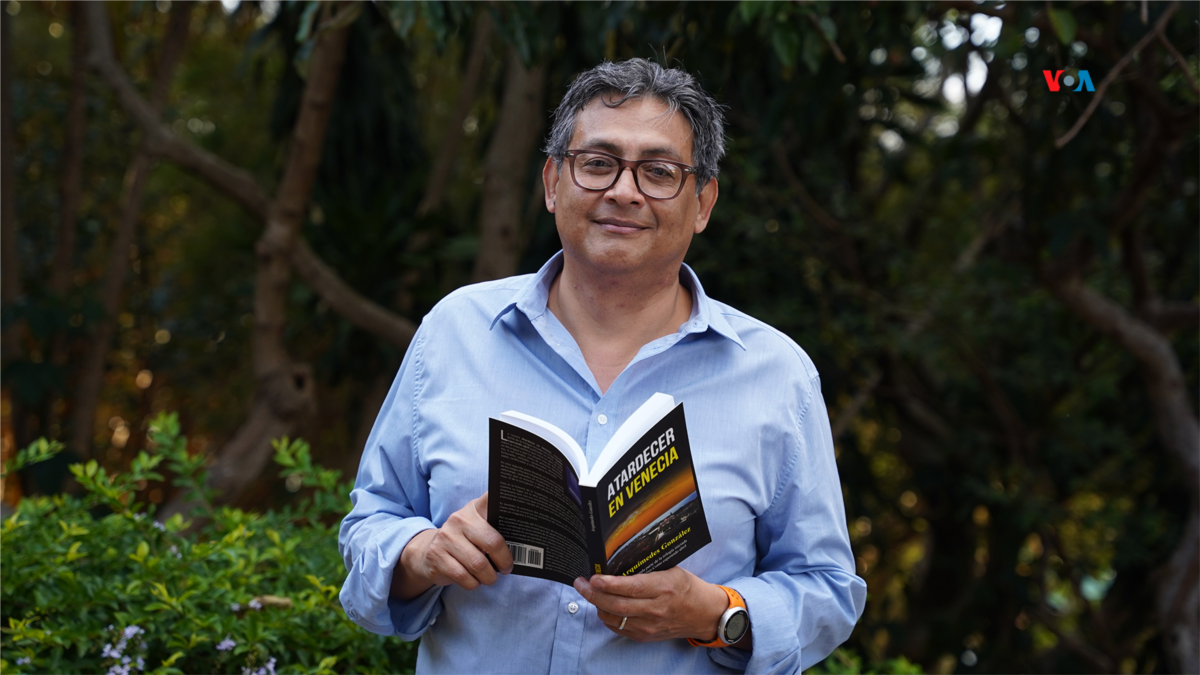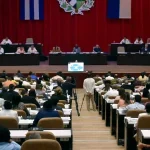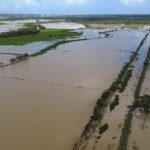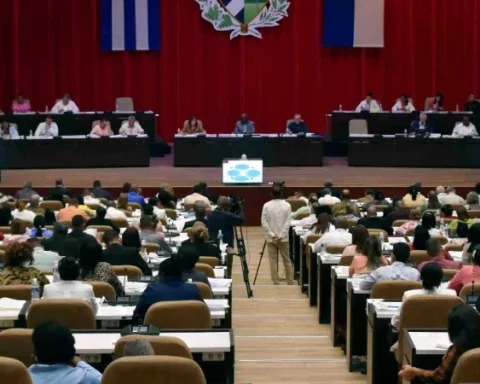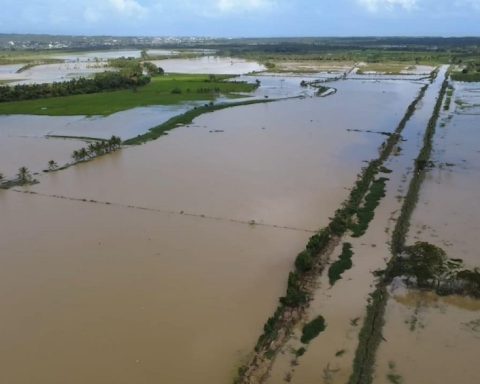The worst political crisis In the last 30 years of Nicaraguan history it did not emerge overnight in that Central American country. A combination of factors led to the demonstrations in April 2018 and that is what he seeks to tell in his book Sunset in Venice the Nicaraguan journalist Arquímedes González, who is also a novelist, and whose work is considered the replacement of writers such as Sergio Ramírez Mercado.
Sunset in Venice It is the second part of a trilogy that began with the novel titled Like waiting for April, published in 2019 in Managua. He had to present this new book in Costa Rica, a country where he went into exile due to political persecution against him.
The date of the book’s publication coincides with the six years of political crisis that Nicaragua is experiencing after the protests of 2018.
“Sunset in Venice It is a prequel in which the reader will be able to find and understand why and how we Nicaraguans arrived in April 2018, and that will also be able to answer how they see that Nicaragua that today the regime does not want people to know, where there were violations of rights. human rights, there was corruption and there was no institutionality,” the writer told the Voice of America.
González assures that the book tries to explain this panorama under the government of Daniel Ortega, although he also recognizes that “it is an x-ray of what Nicaragua is, of the true Nicaragua that the dictatorship wants to hide.”
The book consists of 25 chapters where several characters move the story, growing up in the midst of marginalized settlements, with a single life option: gang violence.
“They are characters who are being as cruel as what we see happening today in the Nicaraguan regime and they are characters who also see in April 2018 the opportunity to move forward, because in Nicaragua, whoever is willing to violate human rights has guaranteed a great political career in the country,” said the writer.
Why is the book called Sunset in Venice?
The name of the work has symbolic meanings, says González. “I think the sunset is because we Nicaraguans, in 2018, saw the sunset of democracy in Nicaragua, the sunset of the institutions and the moral fulfillment of the work of the Police.”
Venice – continues González – has to do with that Nicaragua “in which the regime uses grandiose names of settlements to make it look like Nicaragua is developing.”
“There are settlements called Promised Land, Beautiful Dawn and they are just places full of dust where there is no access to drinking water or sewage,” he says.
The book can be ordered online at amazon and González indicates that the reader will be able to find from the fiction a panorama of Nicaragua that he may not know.
“Through literature you can continue to denounce human rights violations and we writers are also fundamental in that. Our role is to maintain those voices that ask that human rights violations be denounced in Nicaragua. I have been there for quite some time now here, I have been trying to write again because it is difficult to write in exile,” he concludes.
Connect with the Voice of America! Subscribe to our channels Youtube, WhatsApp and to newsletter. Turn on notifications and follow us on Facebook, x and instagram.
